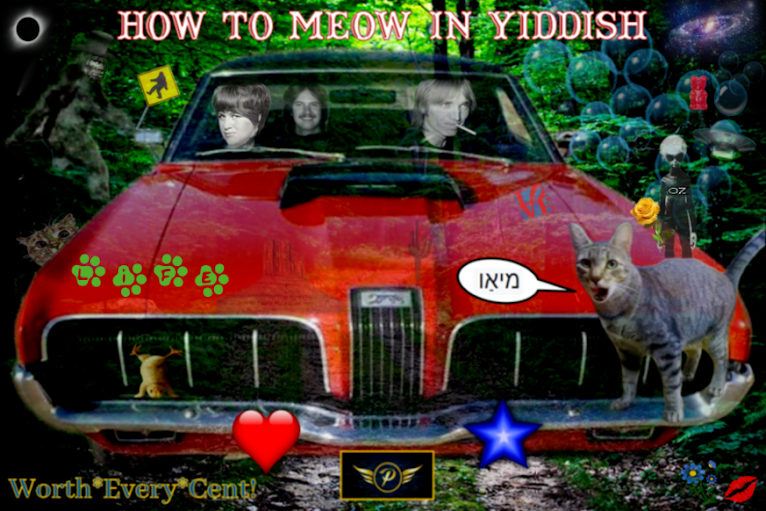Remember, I warned you. Just don't.
A Brief History of Gummy Bears
In 1920, Hans Riegel of Bonn, Germany, became frustrated with his dead-end job as a confectionary worker and started his own sweets company, making hard, colorless candies using a copper kettle and marble slab in his kitchen. His bicycle-riding wife was the sole delivery person. The name of his new business was a combination of the first two letters of his own first and last names and hometown: Hans Riegel of Bonn=Haribo.
The hard candies sold fairly well at local street fairs, but not as well as Riegel had hoped. Then, after a couple of years, Riegel hit upon what would prove to be a genius idea: He produced a line of soft, gelatin-based, fruit-flavored treats in the shape of dancing bears (then a popular diversion at festivals in Europe). But while Riegel is often credited as the inventor of gummy candy, he actually just improved upon an already successful, centuries-old, formula.
🍬🍬🍬
“Gummy candies descend from Turkish delight and even Japanese rice candy,” says candy historian Beth Kimmerle, author of Candy: A Sweet History. “But both of those are typically made with rice or corn starch versus gelatin.”🐻🐻🧸🐻🐻
Gummi, German for rubber. Often rendered as "gummy" in English. Beloved chewy, fruity flavored candies. All brands are fine with me, all flavors. If you do a little research you can find gummis you never heard of. I love the worms. I love the sour ones. I love all the weird gummi candies made in all the shapes here in America.
We have gotten them in a shop in Seaside OR shaped like giant fried eggs, pigs, frogs, various fruit shapes, bananas und so weiter.
Daughter and I have been considering if it were possible to make some savory flavored ones ourselves. Open to suggestions. Of course tomato, maybe something garlicky? Not sure. Olive?
I will tell on my brother, a little tale. When he was in school in German class he and his friends decided to insult the teacher by calling her a "gummi aber". Foolishly, they were using the word aber wrong. It does mean but, but it does not mean butt.
It is to laugh.




%20(1).jpg)
.jpg)
.jpg)


.jpg)




No comments:
Post a Comment